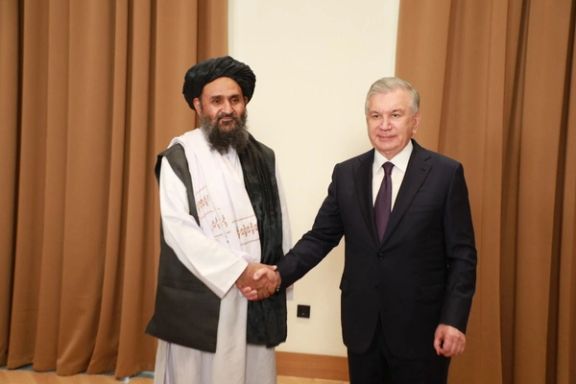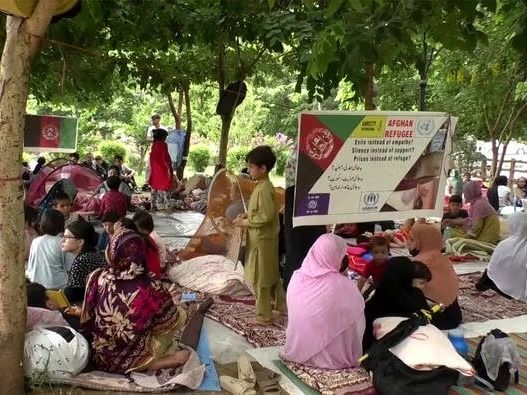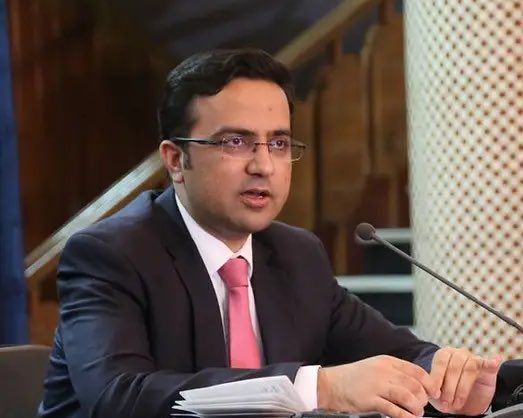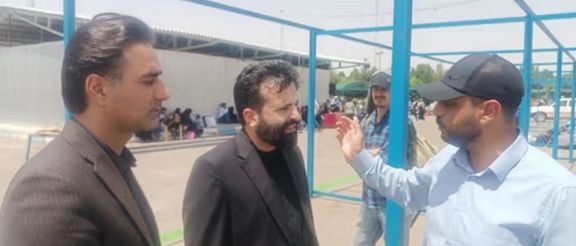Iranian media have voiced concern over strengthening ties between the Taliban and Azerbaijan, warning of potential security and geopolitical consequences for Tehran.
In an article published Thursday, 4 July, the Iranian news agency IRAF criticised the Taliban’s recent diplomatic outreach to Baku, following a visit by Abdul Ghani Baradar, the group’s deputy prime minister for economic affairs, to attend the Economic Cooperation Organisation (ECO) summit in Azerbaijan.
According to IRAF, Baradar's visit and his formal request for Azerbaijan to accept a Taliban-appointed ambassador in Baku signals a move by both sides to deepen political and diplomatic relations under the guise of economic cooperation.
The article argued that the Taliban's closer engagement with Azerbaijan coincides with escalating tensions between Iran and Israel, and could carry serious intelligence and security implications for Tehran. It suggested that Baku’s growing alignment with the Taliban reflects a broader vision for future economic ties, positioning Afghanistan as a key resource hub for Azerbaijan.
“Afghanistan is seen by Baku as a land of untapped resources that could support Azerbaijan’s economic ambitions,” the article said.
Baradar also extended an invitation to Azerbaijani officials to invest in Afghanistan’s oil and gas sector, railways, and renewable energy. During high-level meetings, he emphasised the importance of the Lapis Lazuli corridor and announced the Taliban’s plan to export coal to Türkiye via Azerbaijan.
Azerbaijani officials reportedly welcomed the proposals and expressed readiness for joint investment and cooperation in key sectors, including mining and clean energy.
IRAF warned that the Taliban’s warming relationship with Azerbaijan, a country with known military ties to Israel, could have far-reaching political, economic, and security repercussions for Iran, particularly as Tehran faces the risk of renewed conflict in the region.
The article further suggested that the Taliban's growing economic diplomacy with Baku may signal a distancing from previous tacit alignment with the Islamic Republic of Iran.





